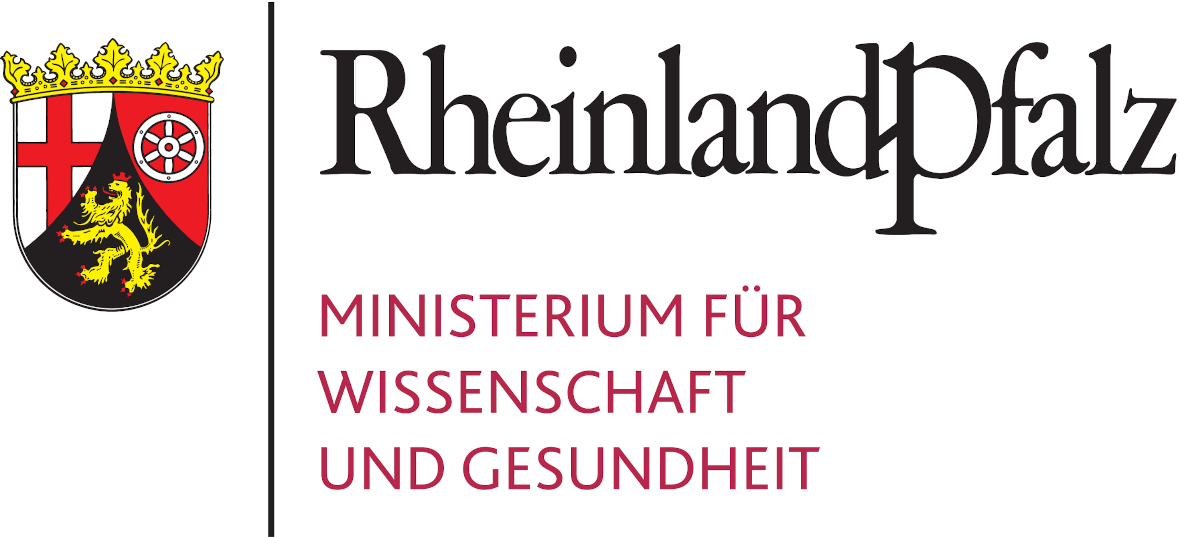After 1870, the landscape of professional historiography in Europe became richer, with the creation of new chairs at universities, new archives and libraries, a growing number of learned societies, and many academies whose historical commissions engaged in publication of ambitious series of source editions. All this required closer cooperation and organization in order to maintain the new standards of professional work and to meet the high expectations of a general public that saw history as one of the central arguments for political choices and cultural identities.
National congresses or meetings of historians – both professionals and amateurs – responded to this need. In federal Switzerland, the Allgemeine Geschichtsforschende Gesellschaft (General Society for Historical Knowledge) founded in 1841 met regularly, first every two years and thereafter every year. From 1869 onwards, the congress of the historical associations in Russia met once every three years in a provincial town of the empire. In France, after 1881, a central public organization, the Comité des travaux historiques (Committee of Historical Works), organized the annual national congresses of the country’s many local and regional learned societies. In 1880, for the first time, Polish historians from the different parts of their divided country organized a general meeting. In Spain in 1893, the Spanish Excursions Society was founded, its main activity being to bring together local erudites, university professors, school teachers, and archivists. The Baltic historians held their first meeting at Riga in 1909.
Other national organizations federated the many local associations, and they coordinated the numerous ambitious projects of source editions initiated at national and regional level by financing and evaluating them. In Italy, the historical associations and societies held their first national congress in 1879; the Italian Historical Institute was founded a few years later to coordinate their work. In France, this was the task of the above-mentioned Committee of Historical Works. In Germany, coordination was undertaken by numerous regional historical commissions (Historische Kommissionen created after 1876), and in Belgium by the Fédération des cercles archéologiques et d’histoire de Belgique (founded in 1884).
It took much longer before the new professional elite in historiography felt the need to organize themselves outside their universities and academies, where they could easily meet and cooperate. The German association of historians, founded in 1893 in order to organize the regular national congresses of historians, was for long a remarkable exception throughout Europe. In 1901, a society of modern history was founded in France, but it was much smaller, and it coordinated only a part of the discipline. In most European countries it was the creation of the International Committee of the Historical Sciences in 1923 that led to the creation of national associations.
Go back to Historians








